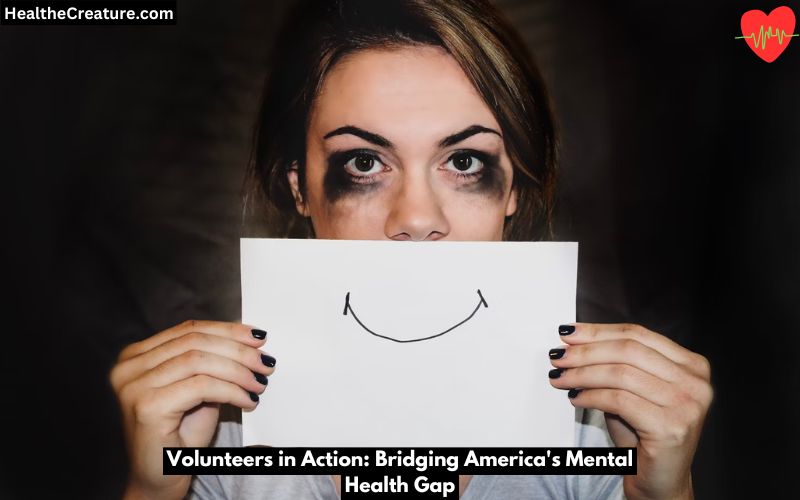The stigma surrounding mental health remains a universal problem. The National Institute of Mental Health estimates that more than one in five U.S. adults is diagnosed with a mental illness.
It’s not only the shame that people live with; the World Health Organization (WHO) cites discrimination as a barrier to seeking help.
These factors contribute to the country’s mental health crisis. U.S. News ran an extensive report last year on acute mental health challenges like loneliness and stress as the leading causes. The Centers for Disease Control and Prevention (CDC) reports that suicide is a leading cause of death in the U.S.
Lending a Helping Hand Costs Nothing
Launched in 2005 as the National Suicide Prevention Lifeline, the 988 Lifeline offers free support to those in need.
Since its inception, the service has shown positive signs. About 70% of people said they received the help they needed. A further 82% trusted they would get help from 988 if they reached out.
However, a study published in JAMA Psychiatry found shortfalls remain. Access to critical crisis services is still lacking.
The study notes that while calls to the national hotline have increased, fewer psychiatric facilities offer emergency psychiatric walk-ins, mobile crisis response units, and suicide prevention services.
Because 988 is a free service, it relies on skilled volunteer crisis counselors.
The job entails mental health counselors and others volunteering their time and expertise to people who can’t afford general healthcare.
It’s intensive and hard but without these unpaid workers, thousands of people have nowhere to go.
Below, we’ll explore the different volunteer roles organizations like 988 desperately need.
Mental Health Counselors
Mental health counselors are the backbone of community mental health and integral to self-funded systems like NGOs advocating for equal access to healthcare services. Dealing with mental and emotional disorders, most have experience with treating substance abuse.
Obtaining a degree requires an analytical mind, empathy, and a desire to advocate for diversity and equality. Many students pursue an online master’s in mental health counseling program.
A Master of Science in Education (MEd) in Clinical Mental Health Counseling prepares you for the licensed professional counselor exam. The course is ideal for counselors seeking licensure and those new to the field.
To be considered for enrollment, you must have a bachelor’s degree from an accredited institution with a minimum 3.0 GPA, transcripts from all institutions attended, and two professional letters of recommendation.
St. Bonaventure University advises choosing a program with a focused curriculum and dedicated support from faculty and advisers.
Social Workers
Working as a first responder has its challenges. Belinda Mosby had been working at a new Crisis Lifeline hotline center in New Hampshire.
With 25 years of experience in the mental health field behind her, she was enthusiastic to embark on a new path. She tells ABC News that it didn’t take long to become overwhelmed by the sheer number of calls and the desperate pleas of callers.
Others like Mosby suffered from burnout and anxiety, choosing to leave their jobs. The exodus created a staff shortage, specifically among behavioral health workers. These volunteers specialize in psychology, psychiatry, counseling and social work.
Like mental health counselors, social workers are in short supply. Patient, resilient and culturally sensitive, people who take on this role know it’s a calling and a lifetime choice.
According to the National Association of Social Workers, to be eligible for a social worker position, you must hold a master’s degree in social work and be licensed or certified.
Crisis Counselors
These mental health professionals help people deal with emotional trauma. Many volunteer crisis counselors work virtually, offering guidance, empathy and understanding.
Some organizations offer free online courses such as mental health training to volunteers sans experience or qualifications. All you need is the dedication to help others.
You’ll gain important skills in reflective learning and problem-solving to help navigate unchartered territory. During training, you’ll learn techniques for managing emotions, navigating difficult behaviors, and promoting positive practices.
Making a Difference
All across the U.S. good Samaritans volunteer their time selflessly because they believe they can help save lives. This conviction keeps thousands of people going, one call at a time.
Advocating for equal access to mental health is only the start. Those that can are taking up the baton and fighting the good fight.
It doesn’t take an academic mindset or a high GPA to join the mental health community. You only have to show up every time with no judgment or prejudice and be a pillar of support.


